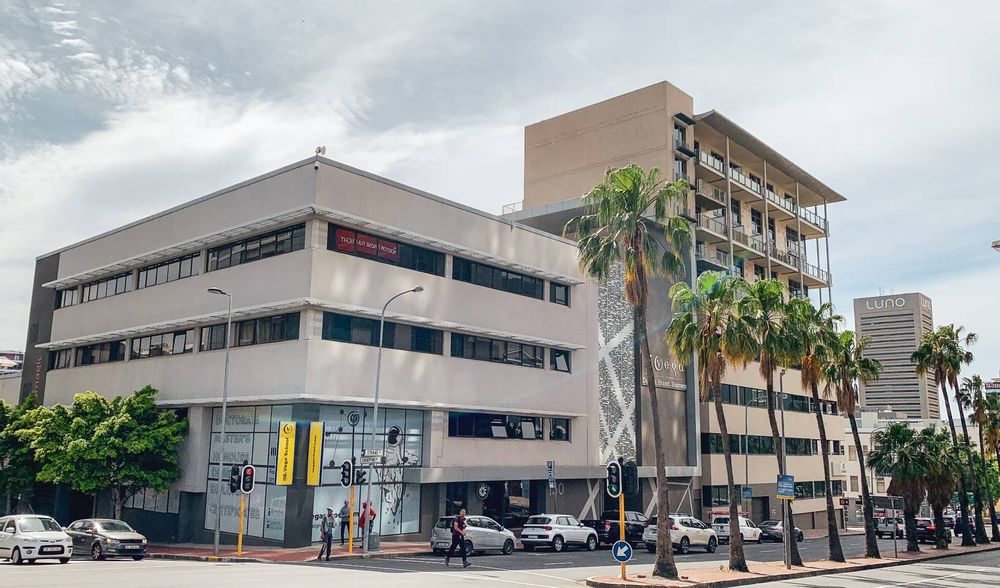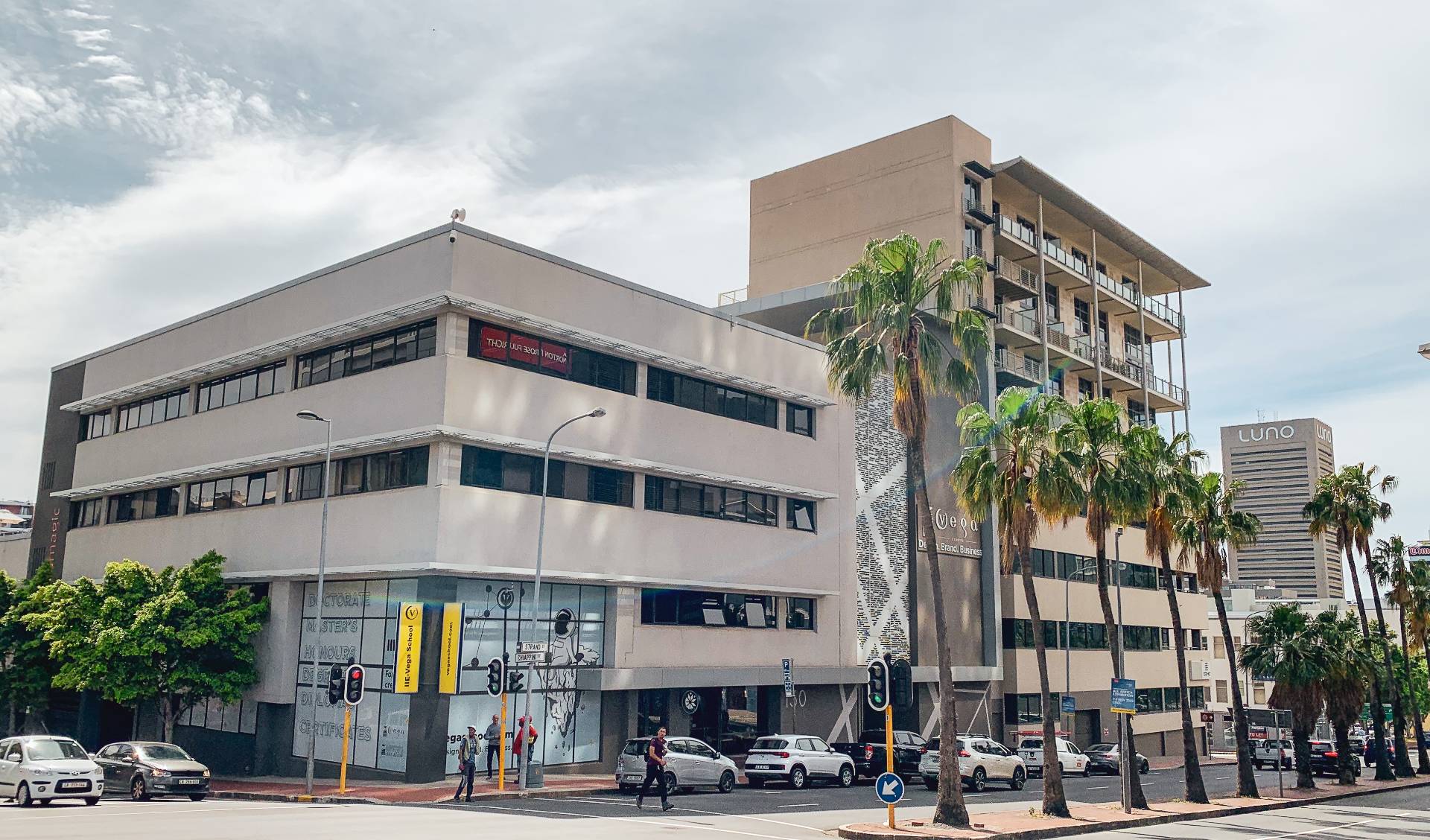Says Dewey: “In the current trading environment, although vacancy rates in the commercial property market are starting to trend downward, tenants in this sector, which includes office, retail and industrial property, are weighing up their options when it comes to lease renewal.
According to SAPOA’s office vacancy survey (September 2023), while the vacancy rate at the end of Q3 reduced to 15.5% over the previous quarter, down from its 2022 peak of 16.7%, it is still well above the vacancy rate before Covid. Coupled with this, the average real asking rental is at a level last seen some 20 years ago.
“Furthermore,” says Dewey, “as the latest Rode Report points out, although more staff have returned to offices, the demand for space is still below pre-Covid levels, with downward pressures persisting due to the subdued economy and electricity crisis.
“Given all the above factors, SAPOA’S report (SA Property Owners Association) concludes that taking into account previous cycles in the market, office rentals may trend sideways at best as landlords aim to retain existing tenants and attract new occupiers to fill vacancies.”
Swindon Property, who is also the commercial associate for international real estate advisor, Savills, notes in a recent report by Savills Research, that the total global value of commercial real estate currently stands at $50.8 trillion, comprising 13% of total global real estate value.
Says Dewey: “Commercial property continues to achieve sound investment returns with the upside of capital growth and with a well-managed, well-maintained property affording the owner significant upside potential on return and exit value. It follows that the considerable value placed on commercial real estate underscores the importance not only of retaining and enhancing the value of these properties, but also of retaining good tenants.
“Although in challenging times the cost of retaining a tenant – versus a relet – may result in a slightly lower than market rate, it has proven to be more cost-efficient than trying to source a replacement tenant. That said, through effective property management, we have the ability to negotiate a better deal for landlords through our range of services that includes access to comparative rentals in the area, taking into consideration the grade or asset class of properties.
“Managing all types of real estate including premium office buildings, industrial warehouses and retail centres, we focus on unlocking the true potential and long-term value of the asset; this includes increasing rental income, reducing vacancies, decreasing operating expenses and minimising arrears.”
Dewey stresses the importance for commercial property owners to maintain the properties, making small improvements over time in order to keep up with trends, for example, upgrading or modernising the façade, and upgrading common areas and ablutions. “These make a difference in the long run, and having a property management company to keep track of this ensures landlords are up to date on what is trending and beneficial to the property over the medium to longer term.”
Adds Dewey: “Other important factors where we assist landlords include:
- Ensuring that GLA (gross lettable area) and pro rata common area calculations are correct
- Having up-to-date floor plans which ensures that the square metreage is correct for filling vacancies / new tenants
- Tenants are managed directly by the respective property manager, with well-constructed leases that protect the landlord’s interests
- Fire and insurance compliance reviews
- Our facilities manager conducts regular maintenance assessments of properties in a preventative manner, which is often much more cost-effective than reactive maintenance.”
Concludes: Dewey: “Another aspect for landlords to consider is the implementation of efficient electricity measures like smart lighting, because although electricity consumption is usually recovered in full from tenants, this is another cost factor similar to municipal rates, which affects the bottom line of tenants, and will therefore play a role in the lettability of the property.”
For further information contact Swindon Property Management on +27 (21) 422 0778.



